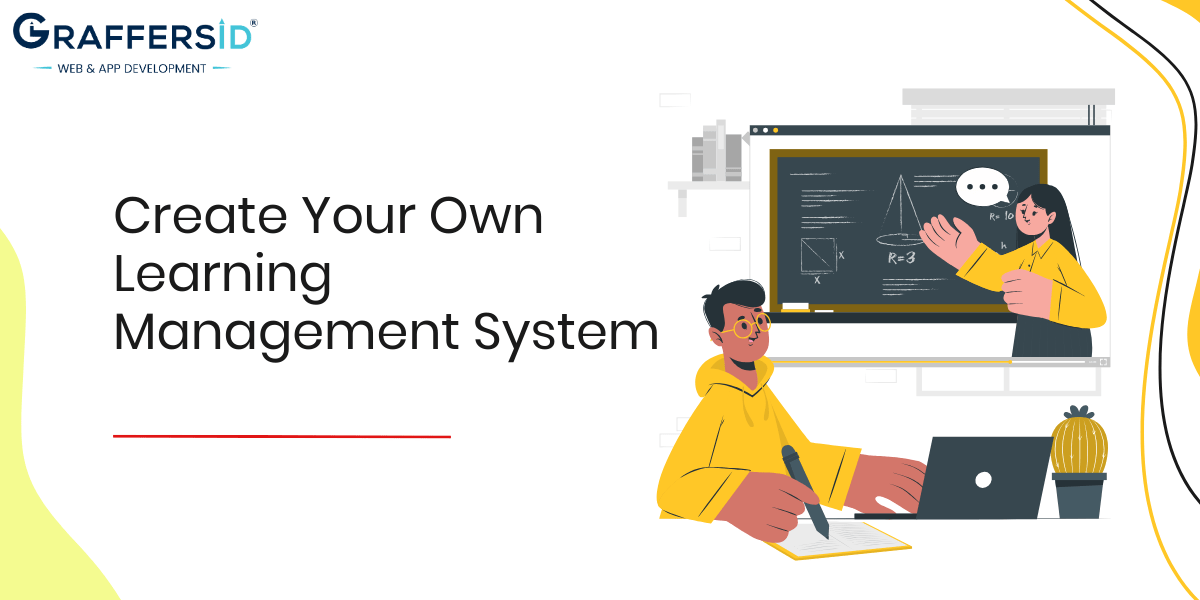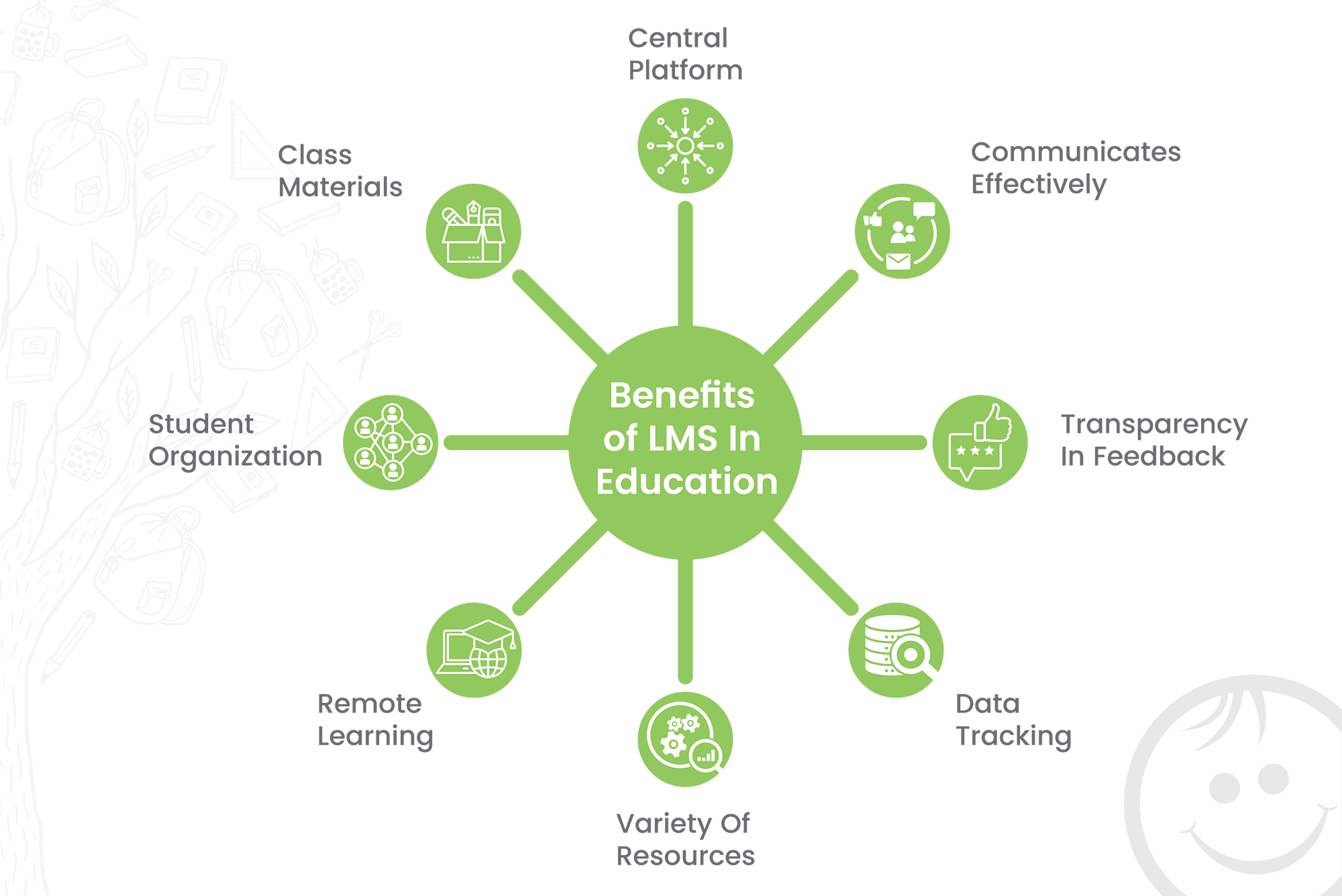LMS SG: The Best LMS for Scaling Your Educational Programs in Singapore
LMS SG: The Best LMS for Scaling Your Educational Programs in Singapore
Blog Article
Choosing the most effective Understanding Administration System for Your Company
Selecting the optimum Knowing Monitoring System (LMS) for your organization is a complex decision that calls for mindful factor to consider of various components. From specifying specific learning goals that reverberate with your calculated vision to evaluating individual experience, each variable plays an essential role in the overall performance of the system. Furthermore, comprehending assimilation capacities and making sure scalability for future demands can not be forgotten. As organizations pursue performance and growth, the selection of an LMS ends up being increasingly substantial. What are the critical considerations that can influence your decision-making process?
Define Your Learning Purposes
Specifying clear understanding objectives is necessary for the effective implementation of an Understanding Monitoring System (LMS) These goals function as a roadmap, leading the development of content, evaluations, and total instructional approaches within the LMS. By establishing particular, quantifiable, possible, relevant, and time-bound (SMART) objectives, companies can ensure that the learning experiences are straightened with their calculated goals and student demands.
Effective knowing goals must envelop what learners are expected to understand or have the ability to do upon completion of a training course or training program. This clearness not just aids in content creation yet additionally assists in the analysis of learner development and the general efficiency of the LMS. LMS Singapore. Furthermore, well-defined purposes make it possible for stakeholders to assess whether the selected LMS functions and functionalities align with their educational objectives.
Assess User Experience
Once learning purposes have actually been developed, examining user experience ends up being a crucial next action in choosing a suitable Learning Monitoring System (LMS) Individual experience encompasses the general complete satisfaction and simplicity with which learners communicate with the system. A well-designed LMS must promote user-friendly navigation, making certain that individuals can situate training courses, materials, and support easily.
To evaluate customer experience, think about performing functionality testing with a depictive example of end-users. Key variables to review include the LMS's interface design, ease of access attributes, mobile compatibility, and the clarity of directions provided.
Additionally, examine the accessibility of support sources, such as tutorials and assistance centers, which can boost the customer experience. The responsiveness of client assistance is also crucial; timely support can significantly alleviate frustrations that users may come across. Ultimately, selecting an LMS that prioritizes user experience not just enhances the learning process however likewise fosters greater involvement and satisfaction among students.

Evaluate Combination Capabilities
Identifying the importance of smooth functionality, assessing assimilation capacities is essential when choosing a Learning Management System (LMS) An efficient LMS needs to assist in interoperability with existing systems, such as Human Source Administration Systems (HRMS), Consumer Connection Administration (CRM) systems, and various other academic devices. This combination boosts data flow, reduces management concerns, and makes certain a natural understanding atmosphere.
When examining an LMS, consider the kinds of assimilations provided. Look for Application Programs Interfaces (APIs), Solitary Sign-On (SSO) abilities, and pre-built adapters that streamline integration processes. Additionally, confirm the LMS's ability to incorporate with third-party tools, such as content libraries or analysis platforms, which can considerably enrich the understanding experience.

Think About Scalability and Versatility
As organizations develop, the capacity of an Understanding Management System (LMS) to scale and adjust ends up being progressively important. A scalable LMS can fit development in user numbers, program offerings, and material without jeopardizing why not find out more efficiency or user experience. As organizations broaden, whether through raised employees, brand-new places, or diversified training requirements, the LMS needs to seamlessly grow along with these modifications.
Versatility is just as crucial; an efficient LMS should sustain numerous learning modalities, such as online, combined, and mobile discovering. This flexibility allows organizations to respond promptly to emerging trends in training and Learning Management System Singapore growth, ensuring that they can use relevant and engaging discovering experiences - Canvas Singapore. Additionally, the system should offer personalized functions, making it possible for companies to customize the LMS to their certain needs and branding
Additionally, a versatile LMS ought to incorporate conveniently with existing platforms and tools, assisting in a cohesive learning environment. Thus, when choosing an LMS, it is crucial to examine not only its present capabilities however additionally its potential to adapt and expand in placement with the company's critical objectives and advancing discovering requirements. This foresight can significantly improve the long-lasting viability of the chosen LMS.
Review Costs and Budgeting
When examining an Understanding Management System (LMS), examining prices and budgeting is vital to make certain that the financial investment straightens with the company's financial capabilities and calculated objectives. Organizations should begin by identifying the complete expense of ownership, that includes licensing costs, application costs, maintenance, and any kind of extra costs such as training and technical assistance.
It is important to contrast different LMS options, as prices models can differ substantially among suppliers. Some systems may offer a subscription-based model, while others may bill a single fee. Organizations ought to additionally consider the scalability of the LMS; as they grow, the cost structure may change, affecting long-lasting budgeting.

Final Thought
Selecting an appropriate Learning Monitoring System (LMS) is crucial for accomplishing organizational knowing goals. Eventually, the best LMS serves as an essential device in cultivating an efficient Look At This learning environment and driving organizational success (Canvas Singapore).
Choosing the ideal Knowing Administration System (LMS) for your organization is a diverse decision that needs careful consideration of various components.Defining clear knowing objectives is vital for the effective implementation of a Knowing Management System (LMS)Once learning objectives have been established, reviewing user experience ends up being an essential following step in choosing a suitable Understanding Management System (LMS)As companies progress, the ability of a Discovering Administration System (LMS) to range and adjust becomes progressively crucial.Choosing an ideal Discovering Monitoring System (LMS) is essential for achieving organizational knowing goals.
Report this page